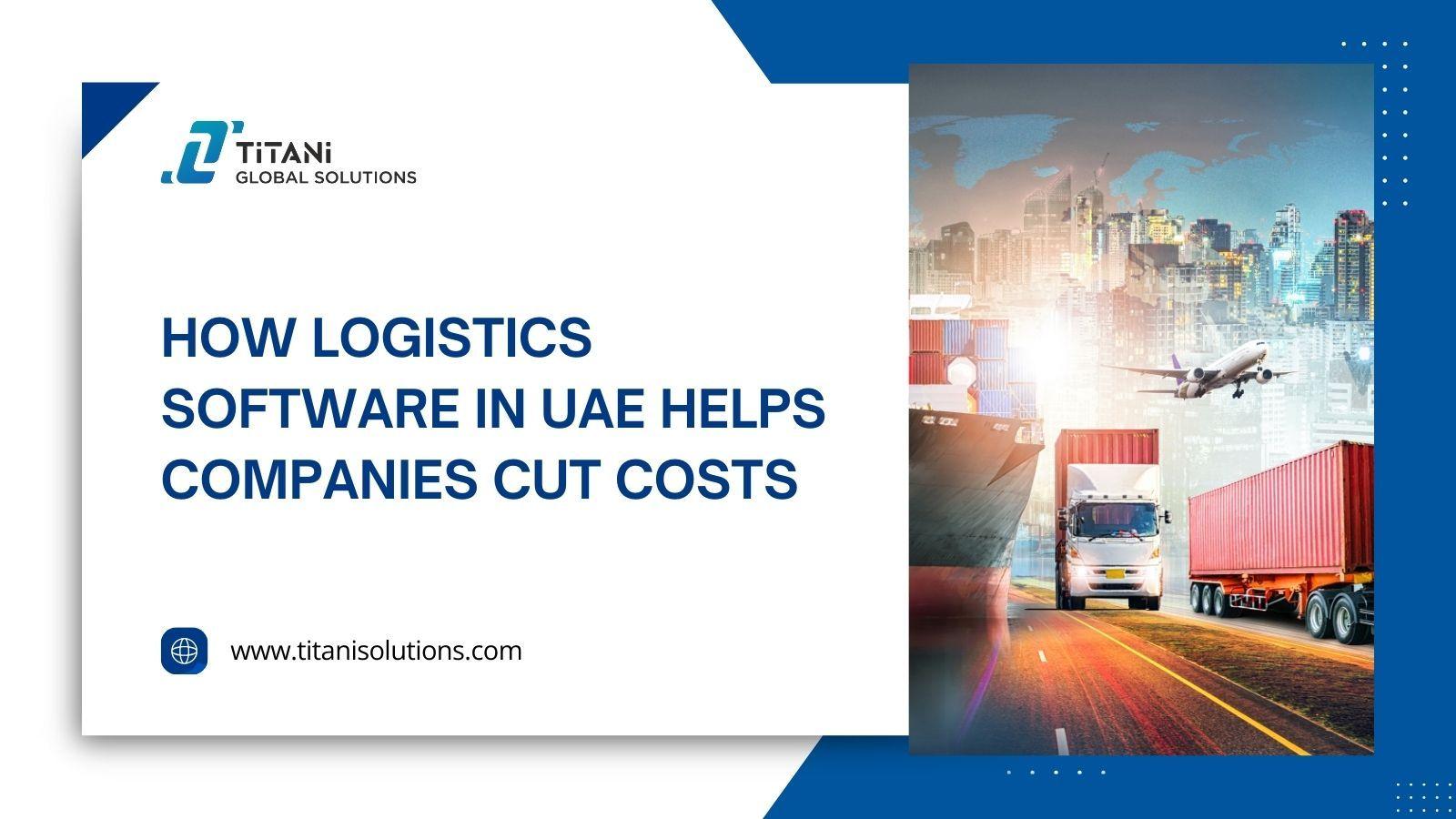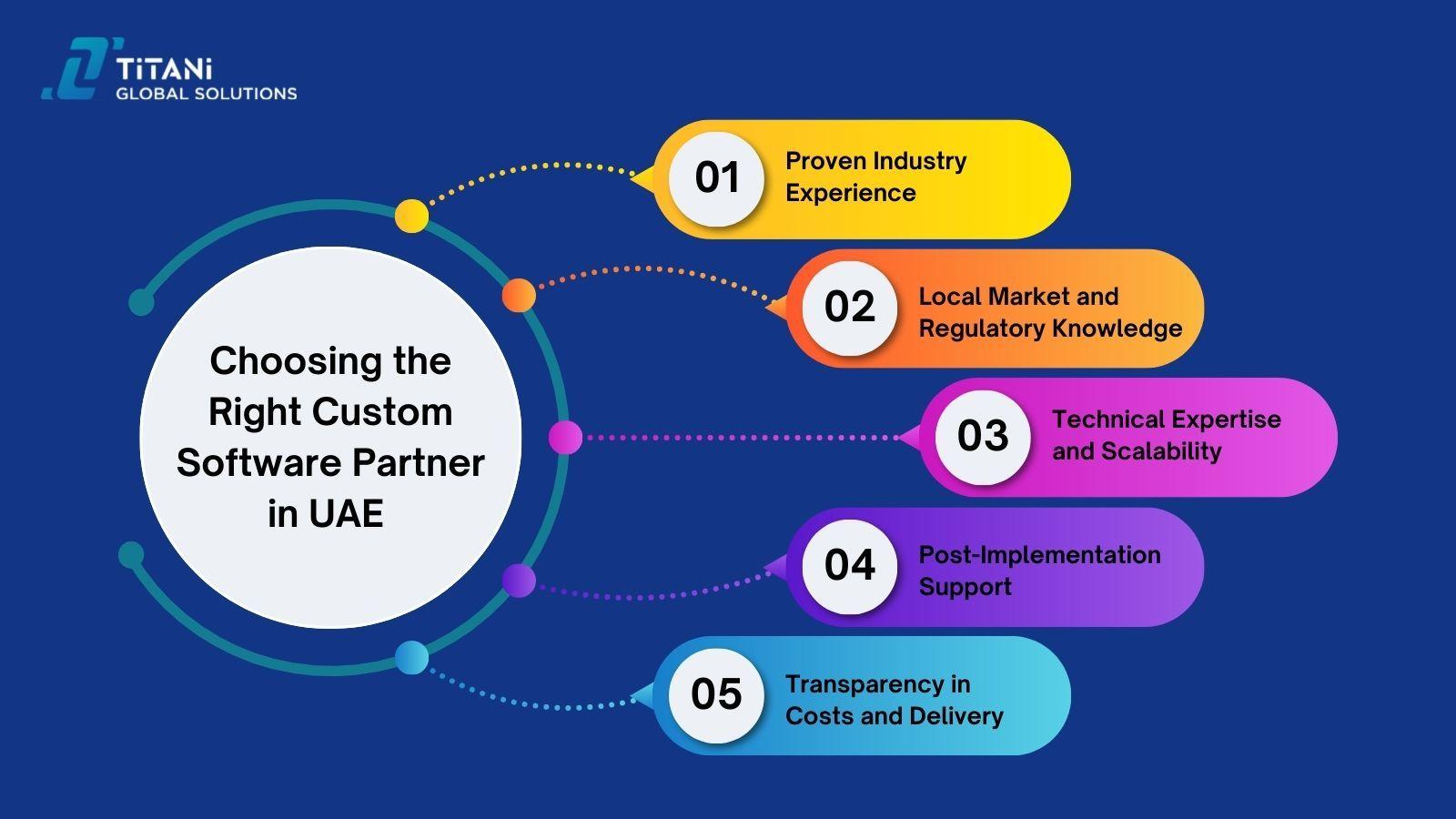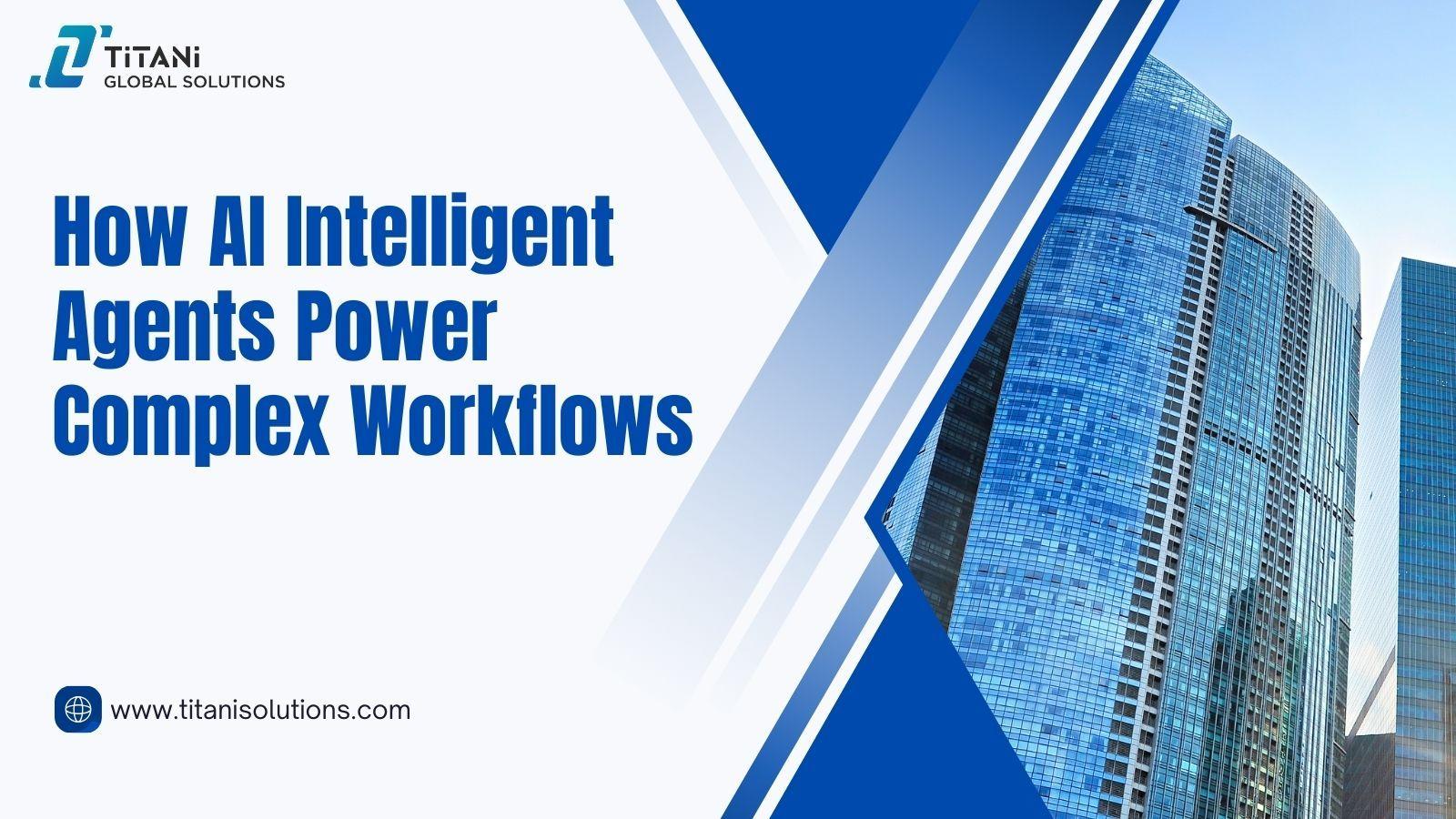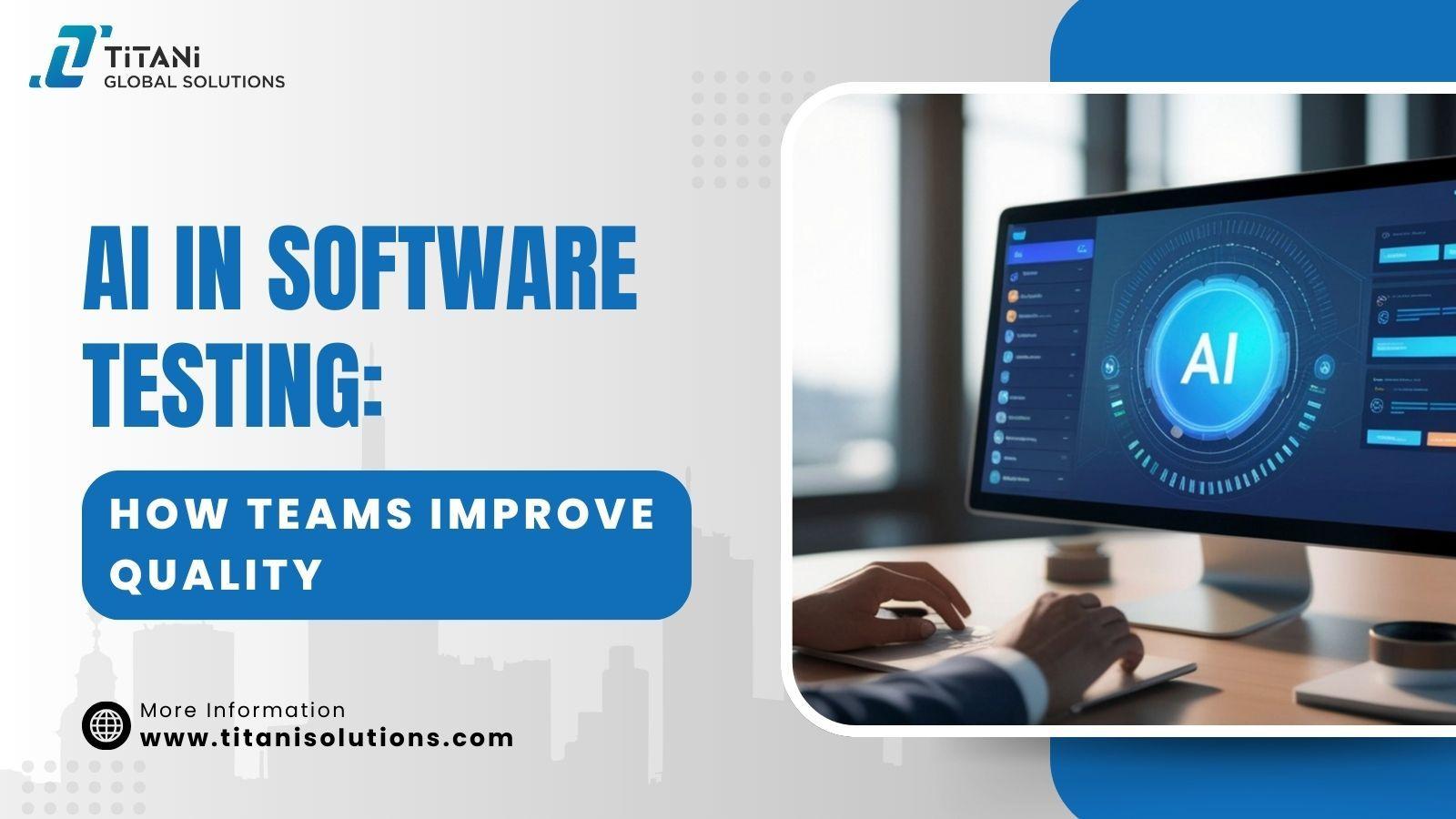Summary for Decision-Makers
The UAE logistics sector is expanding rapidly — projected to reach $30 billion by 2030 — but rising costs from manual operations, last-mile delivery, and compliance are eroding margins.
Custom logistics software, built for the realities of the UAE market, is delivering measurable savings: 15–25% lower fuel costs, 20–30% fewer warehouse labor hours, and reduced compliance penalties, with ROI often realized in 12–24 months.
For operators in Dubai and across the Emirates, the takeaway is clear: generic tools can’t keep up with local demands. Tailored platforms integrating fleet, warehouse, routing, and customs workflows are now the fastest path to sustainable cost savings and long-term scalability.

The UAE logistics market is not just growing; it's undergoing a significant transformation. As a recent report from Mordor Intelligence and Nexdigm highlights, the sector is poised to expand from $21.63 billion to $30.19 billion by 2030, creating intense pressure on logistics companies to optimize operations and reduce costs. To meet this challenge head-on, many firms are turning to custom logistics software in UAE.
Unlike generic tools, these tailored platforms are built to navigate the unique realities of the local market. By integrating directly with local customs systems and streamlining regulatory compliance, this advanced logistics software in Dubai and across the Emirates automates key processes, helping companies not only cut expenses but also improve service quality and build a scalable foundation for long-term growth.
Why UAE Logistics Faces High Costs Today
While the UAE's logistics sector is a hub of opportunity, it's also a landscape riddled with financial pressures. Understanding the root causes of these high costs is the first step toward finding a sustainable solution.
1. Manual Operations and Outdated Systems
Many logistics companies still rely on manual, paper-based processes or a mix of disjointed spreadsheets and outdated software. This not only slows down operations but also requires many personnel for data entry, tracking, and coordination. Human error is common, leading to costly delays, lost shipments, and inventory inaccuracies. In an era of efficiency, this reliance on outdated methods is a significant drain on human resources and a major contributor to high operating costs.
2. The E-commerce Surge and Last-Mile Delivery Pressures
The explosion of e-commerce has dramatically reshaped the logistics landscape. Consumers now expect fast, and often free, delivery. This places immense pressure on last-mile delivery, the most expensive part of the supply chain. A recent report by BCG notes that this trend is driving up operational complexities. Optimizing routes, managing a growing fleet, and ensuring on-time delivery across diverse and often congested urban areas have become complex challenges that directly increase fuel, maintenance, and labor costs.
3. Complex Regulatory and Customs Compliance
Navigating the regulatory environment in the UAE is a critical part of the logistics process. Companies must adhere to strict rules set by entities like the RTA (Road and Transport Authority) and UAE Customs. Any misstep from incorrect documentation to delayed declarations can result in hefty fines and significant operational bottlenecks. The complexity of these regulations often requires a specialized and costly team to manage compliance, adding another layer to a company's financial burden.
How Custom Software Helps Reduce Costs
As the challenges mount, the adoption of custom logistics software in UAE has become a critical step for companies that want to manage costs effectively and maintain competitiveness. Unlike generic tools, tailored platforms are designed to match the specific realities of the UAE market, offering measurable savings across several key areas.

1. Fleet and Fuel Optimization
Fuel remains one of the largest expenses for logistics firms. Custom fleet management systems allow companies to monitor real-time fuel usage, track driver behavior, and schedule predictive maintenance. This not only reduces fuel consumption but also lowers repair costs and extends vehicle lifecycles. For logistics operators in Dubai, where traffic congestion is a daily reality, intelligent fleet software can generate immediate cost benefits by optimizing vehicle utilization and minimizing idle time.
2. Warehouse Automation
Labor-intensive warehouse operations are another significant cost driver. With tailored warehouse management software, businesses can automate inventory tracking, reduce human error, and optimize storage space. By integrating AI-driven forecasting, companies can better align stock levels with demand, which minimizes overstocking and reduces waste. The result is a more efficient warehouse ecosystem that delivers both cost savings and faster order fulfillment.
3. Route Optimization and Real-Time Visibility
The rise of e-commerce has put last-mile delivery at the center of cost challenges. Advanced logistics software in Dubai incorporates AI-powered route optimization that factors in traffic, delivery density, and time windows. This reduces fuel expenses and allows companies to complete more deliveries with fewer resources. Real-time visibility also enhances customer satisfaction by ensuring accurate delivery updates, which further reduces costly service complaints.
4. Customs and Compliance Integration
Regulatory compliance in the UAE can be complex and expensive. Custom solutions help automate customs declarations, align documentation with local standards, and integrate directly with platforms such as Dubai Trade. By reducing errors and avoiding penalties, these systems cut down on compliance-related costs while speeding up cross-border operations. A recent PwC analysis underscores how digital customs integration accelerates supply chain efficiency and reduces hidden expenses.
Together, these capabilities demonstrate how custom-built software directly addresses the root causes of high logistics costs. Instead of relying on outdated tools, companies can achieve sustainable savings and unlock new efficiencies tailored to the UAE market. Many firms report ROI within 12 to 24 months, making this approach not just a cost-saving measure but a strategic investment.
Case Examples in UAE
The impact of custom logistics solutions is already visible across the UAE, where leading players are leveraging technology to reduce costs and improve efficiency. These real-world examples demonstrate the power of technology in a highly competitive market.
DP World – Digitalizing Freight with CARGOES: Global trade giant DP World, with its massive port and logistics presence, launched its CARGOES platform to unify freight forwarding and supply chain visibility. By consolidating documentation and offering real-time shipment tracking, DP World reduced manual paperwork and streamlined customs clearance. This digital-first approach has translated into faster turnaround times and measurable cost savings for shipping clients operating through Jebel Ali Port, one of the world’s busiest ports.
Talabat and Noon – Last-Mile Optimization: With e-commerce booming, food delivery and retail giants like Talabat and Noon have turned to advanced routing algorithms to manage last-mile delivery. Their proprietary logistics software in Dubai automatically balances demand surges, allocates drivers more efficiently, and optimizes delivery zones. The result has been a significant reduction in delivery times and operational costs, while maintaining customer satisfaction in a competitive market.
Dubai Trade – Seamless Customs Integration: Dubai Trade, the government-backed digital trade platform, showcases how technology can simplify customs and regulatory compliance. Its integration with UAE Customs enables logistics companies to file declarations online, track clearance, and pay duties electronically. This digitization reduces compliance costs and helps firms avoid penalties from late or incorrect documentation, proving that technology is a key driver for efficiency and cost reduction at the national level.
Titani Case Example – Cutting Costs for a Mid-Sized Logistics Firm
These success stories are not exclusive to industry giants. Small and mid-sized enterprises (SMEs) are also achieving transformative results with tailored solutions.
Consider a mid-sized logistics company in Dubai struggling with high labor costs and inefficient fleet utilization. By implementing custom logistics software in UAE developed by Titani, the company automated inventory management, integrated directly with Dubai Trade, and deployed AI-powered route optimization. Within the first year, they reported:
20% reduction in fuel costs through intelligent fleet routing.
30% decrease in manual labor hours across warehouse operations.
Fewer compliance penalties, saving hundreds of thousands of dirhams annually.
These combined improvements delivered a clear ROI within 12 months. This case demonstrates how tailored solutions are not just for industry giants but are also accessible and impactful for SMEs in the UAE logistics ecosystem, providing a reliable path to cost savings and long-term scalability.
Cost vs. ROI of Custom Software in UAE
For logistics operators in the UAE, the decision to invest in technology often comes down to one critical question: What is the return on investment (ROI)? While upfront costs for developing or implementing custom logistics software in the UAE can range from USD 50,000 to 200,000, depending on complexity, the long-term savings frequently outweigh the initial expenditure.
1. Direct Cost Savings
Custom software delivers measurable savings that directly impact your bottom line. These aren't just one-time cuts; they are continuous improvements that compound over time.
Fuel and Fleet Expenses: Companies typically see a 15–25% reduction in these costs through optimized routing and predictive maintenance. This is particularly crucial in a region where fuel is a major operational expense.
Labor Costs: Warehouse automation and streamlined workflows often result in a 20–30% decrease in manual labor hours, reducing both payroll costs and costly human errors.
Compliance and Penalties: Automation minimizes fines and penalties related to customs and regulatory adherence. For some operators, avoiding these mistakes can save hundreds of thousands of dirhams annually.
2. Operational Efficiency Gains
Beyond direct financial savings, the use of logistics software in Dubai delivers significant productivity improvements. Real-time visibility enables faster decision-making, while integration with platforms like Dubai Trade accelerates customs clearance and shortens shipment cycles. These efficiencies translate into greater capacity and improved customer satisfaction, both of which drive long-term revenue growth and solidify a competitive advantage.
3. ROI Timeline
Most logistics companies that adopt tailored solutions report achieving ROI within 12 to 24 months. SMEs often benefit even faster, as smaller-scale inefficiencies can be eliminated quickly with custom-built software. Larger enterprises, while requiring more extensive integration, still realize substantial returns over time as savings compound across complex operations.
As a PwC Middle East report highlights, companies that embrace digital transformation in supply chain and logistics not only reduce operational costs but also position themselves for long-term growth. For UAE operators, this means that custom solutions are not simply an expense; they are a strategic investment with a measurable payback.
Choosing the Right Custom Software Partner in UAE
Selecting the right partner is just as critical as the decision to invest in custom logistics software in UAE. With numerous vendors in the market, businesses need a clear framework to ensure they choose a provider who can deliver measurable value. The following criteria are essential:

1. Proven Industry Experience
The best partners have a strong track record in developing logistics and supply chain solutions. Experience in fleet management, warehouse automation, and last-mile delivery systems ensures the software is aligned with industry realities. A partner who understands the nuances of logistics can anticipate challenges and design solutions that are both robust and effective.
2. Local Market and Regulatory Knowledge
A reliable partner understands the UAE’s logistics ecosystem, including integration with Dubai Trade, RTA guidelines, and customs regulations. This expertise helps businesses avoid costly compliance errors and accelerates deployment. Choosing a partner with local knowledge ensures that your software is built to operate seamlessly within the region’s legal and operational framework.
3. Technical Expertise and Scalability
A strong partner offers capabilities in AI, predictive analytics, IoT integration, and cloud-based architecture. Scalability is equally important, as companies must be able to expand from SME operations to enterprise-grade systems without facing costly rebuilds. Forward-thinking providers ensure that logistics software in Dubai grows in line with your business objectives rather than becoming a barrier to expansion.
4. Post-Implementation Support
Technology requires ongoing care. Continuous updates, system maintenance, and user training are essential for long-term success. A valuable partner provides proactive support, helping companies sustain cost reductions and efficiency gains over time. This commitment to long-term collaboration defines the difference between a vendor and a true partner.
5. Transparency in Costs and Delivery
Clear communication about pricing, project scope, and delivery timelines builds trust and reduces risk. Hidden costs can erode ROI, so businesses should prioritize partners who commit to openness throughout the development cycle. Transparency from the outset ensures a clear understanding of the investment required and the outcomes expected.
At Titani, we combine deep technical expertise, extensive knowledge of the UAE logistics landscape, and a customer-first approach to deliver solutions that are tailored, reliable, and scalable. For businesses facing rising costs and operational complexity, choosing the right partner is not only a technology decision but also a strategic step toward long-term resilience and growth. Discover how Titani can support your logistics transformation.
Conclusion
The UAE logistics sector is growing fast, but rising costs are squeezing profit margins. For logistics companies, adopting custom logistics software in UAE offers a clear solution. It's a proven way to directly address these challenges, cutting expenses while improving efficiency and scalability.
At Titani, we build custom logistics software in Dubai and across the UAE that is tailored, reliable, and scalable. Our platforms empower logistics companies to cut costs, stay compliant, and scale with confidence.
Ready to transform your operations? Contact Titani today to explore how our custom solutions can drive sustainable growth for your logistics business.



